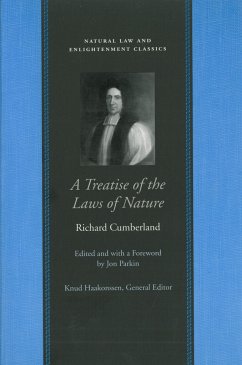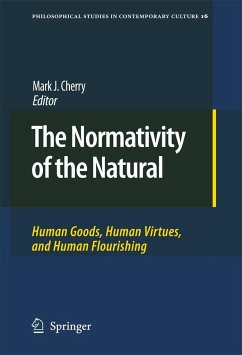
Treatise on Ethics (1684)
Translated and Edited by Craig Walton
Versandkostenfrei!
Versandfertig in 6-10 Tagen
61,99 €
inkl. MwSt.
Weitere Ausgaben:

PAYBACK Punkte
31 °P sammeln!
Written seven years after publication of his Search after Truth, Malebranche's Treatise on Ethics develops a detailed, `experimental' science of ethics in two parts; the ethics of virtue and the ethics of duty. Part One distinguishes six sources of motivation: sense perceptions, passions, imagination, and `inner feelings' of love as-respect, as-goodwill and as-esteem. He examines how each is to be evaluated. This is interwoven with an Aristotelian analysis of act and habit, and voluntary vs. involuntary acts, and practical reasoning. This part concludes with two basic virtues; `the strength of the mind' and `freedom of the mind'. Part Two explores our duties to ourselves. to others, to our sovereign, and to God. The translator's introduction discusses the place of Malebranche's ethics within his larger system, his borrowings and innovations, and his impact on later philosophers. Craig Walton is Professor of Philosophy and Director of the Institute for Ethics and Policy Studies at the University of Nevada, Las Vegas.












